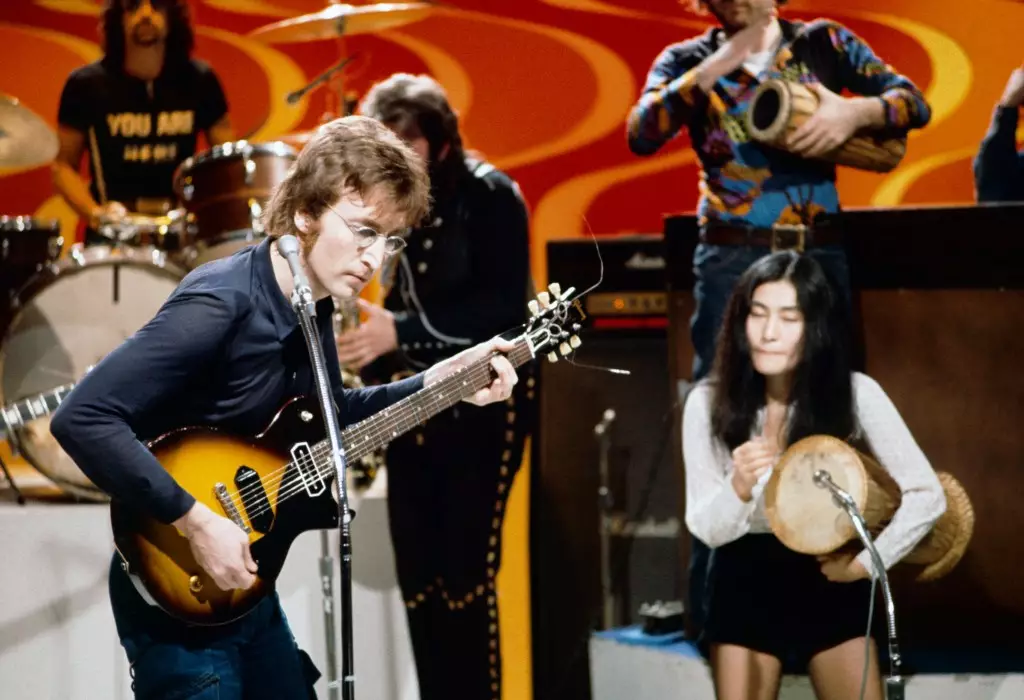The independent film circuit is currently experiencing a remarkable wave of creativity, with an impressive lineup of films making their way to theaters. Notably, what sets this moment apart is the breadth of independent titles that are enjoying wide releases, a phenomenon not frequently seen. Among these diverse offerings are titles like *Terrifier 3*, *Piece by Piece*, *Saturday Night*, and the animated feature *My Hero Academia: You’re Next*. This surge in availability reflects a changing landscape in cinema that merits deeper examination.
Indie films have long been celebrated for their unique storytelling and fresh perspectives. What is noteworthy about the current trend is that many indie films are not confined to limited releases but are instead reaching broader audiences. The films mentioned are not simply niche projects; they are part of a new wave pushing into mainstream awareness. This change is encouraging for independent filmmakers who strive to articulate diverse experiences and narratives that conventional studio films may overlook.
The surge in accessibility of these films indicates a shift in audience consumption habits. Moviegoers are now more inclined to seek out distinct narratives that challenge traditional storytelling methods. As such, theaters are not just platforms for blockbusters but increasingly vital venues for innovative storytelling.
Among the sea of indie films are several compelling documentaries that offer profound insights into significant historical events and personal stories. *Daytime Revolution*, directed by Erik Nelson and commended for its insightful approach, captures a landmark moment in television history. With John Lennon and Yoko Ono at the helm of *The Mike Douglas Show*, the documentary explores a week marked by radical dialogue and cultural exchange, providing a window into 1970s America. It combines archival footage and interviews to create a narrative that resonates with contemporary discussions around social issues.
Similarly, *Carville: Winning Is Everything, Stupid*, directed by Matt Tyrnauer, provides an engaging look at one of the Democratic Party’s most intriguing figures, James Carville. The documentary not only covers Carville’s political journey but also showcases the backstage dynamics of political campaigning. This blend of personal narrative and political history serves to remind audiences of the enduring complexities within American politics, making it a timely release as the nation gears up for the 2024 presidential elections.
Stories of Resilience and Courage
Another film garnering attention is *Mediha*, which presents the harrowing story of a Yazidi girl affected by the atrocities of ISIS. Here, the documentary transcends mere storytelling; it becomes a poignant exploration of survival and healing. By turning the camera on herself, the protagonist provides a first-hand account of her trauma, allowing viewers to witness not just suffering but also resilience and hope in the face of unimaginable adversity. This personalization of experience creates a connection that is vital in understanding global conflicts.
Moreover, A24’s *We Live in Time* stands out as a romantic comedy that spans decades, diving deep into the intricacies of love and time. Featuring popular actors like Andrew Garfield and Florence Pugh, this film illustrates how relationships evolve, a narrative that resonates widely and adds a layer of universal appeal to its indie credentials.
The independent film landscape is also expanded by more unconventional narratives such as *Brothers*, which offers a different kind of storytelling. Following a reformed criminal’s journey alongside his eccentric brother, this film exemplifies the unique ability of indie projects to rethink genre conventions, stepping away from traditional tropes to explore deeper familial connections and societal commentary.
Animations, too, play a significant role in this renaissance, with *My Hero Academia: You’re Next* capturing the imagination of younger audiences and anime fans alike. This blend of traditional heroic narratives and modern animation techniques offers an exciting avenue through which to engage with complex themes of good versus evil.
With a plethora of indie films gaining traction in mainstream theatres, audiences are presented with a rich tapestry of stories from varied perspectives. The independent film movement thriving in today’s cinematic landscape not only offers refreshing narratives but also invites meaningful discussions around sociopolitical themes that resonate on a global scale.
As we witness this perfect storm of innovative storytelling, profound documentaries, and diverse genres, it is clear that the future of independent cinema is poised to continue making significant contributions to the broader cultural discourse. This moment in film history is not only about entertainment; it’s about creating connections and understanding through the powerful medium of cinema. A promising era beckons, and audiences should deeply engage with the wealth of content found within the independent film realm.

